Gut
Recent articles
Many autism-linked proteins influence hair-like cilia on human brain cells
The finding may help explain autism’s association with multiple co-occurring conditions that involve cilia defects.
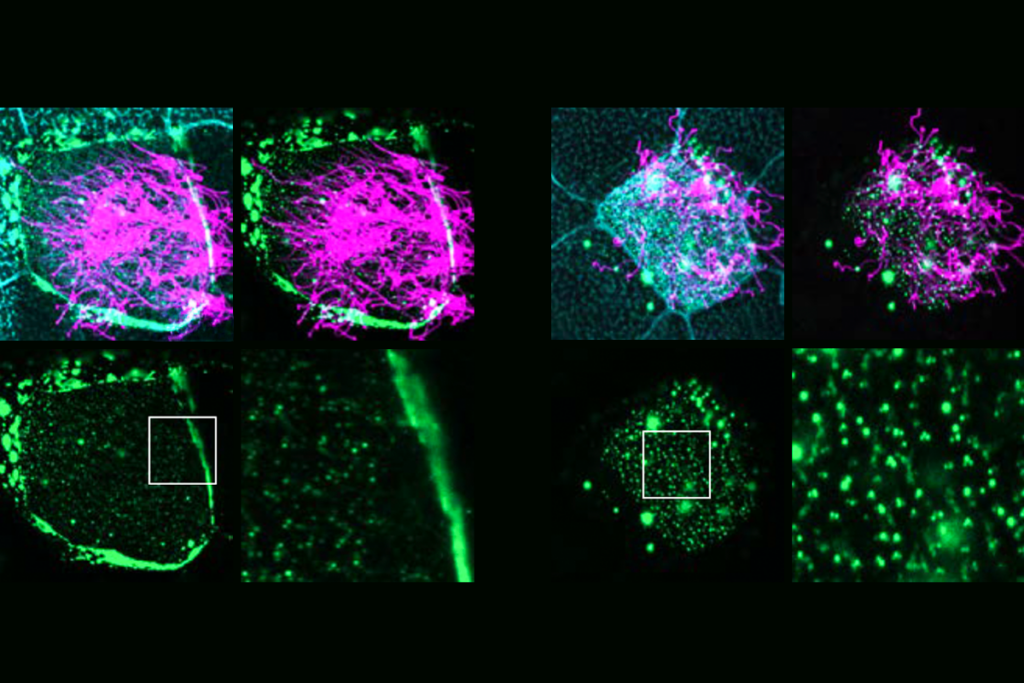
Many autism-linked proteins influence hair-like cilia on human brain cells
The finding may help explain autism’s association with multiple co-occurring conditions that involve cilia defects.
Opioid receptors may guide formation of gut nervous system in zebrafish
Fish lacking functional copies of the receptors have fewer enteric neurons than usual, but the findings await further validation.
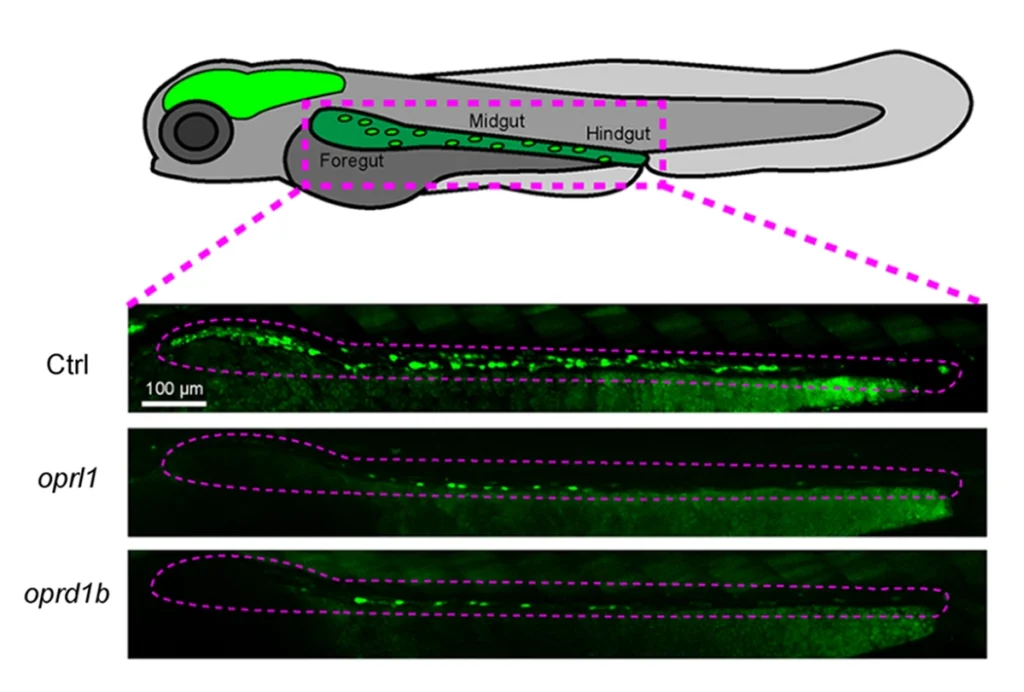
Opioid receptors may guide formation of gut nervous system in zebrafish
Fish lacking functional copies of the receptors have fewer enteric neurons than usual, but the findings await further validation.
Year in Review: Spectrum’s best in 2023
Here are five must-reads from our coverage of autism research over the past 12 months.

Year in Review: Spectrum’s best in 2023
Here are five must-reads from our coverage of autism research over the past 12 months.
Gut microbiome meta-analysis reveals consistent autism signal
But the field needs to move on from cross-sectional studies to gain insights into the causes and consequences of the association, experts say.
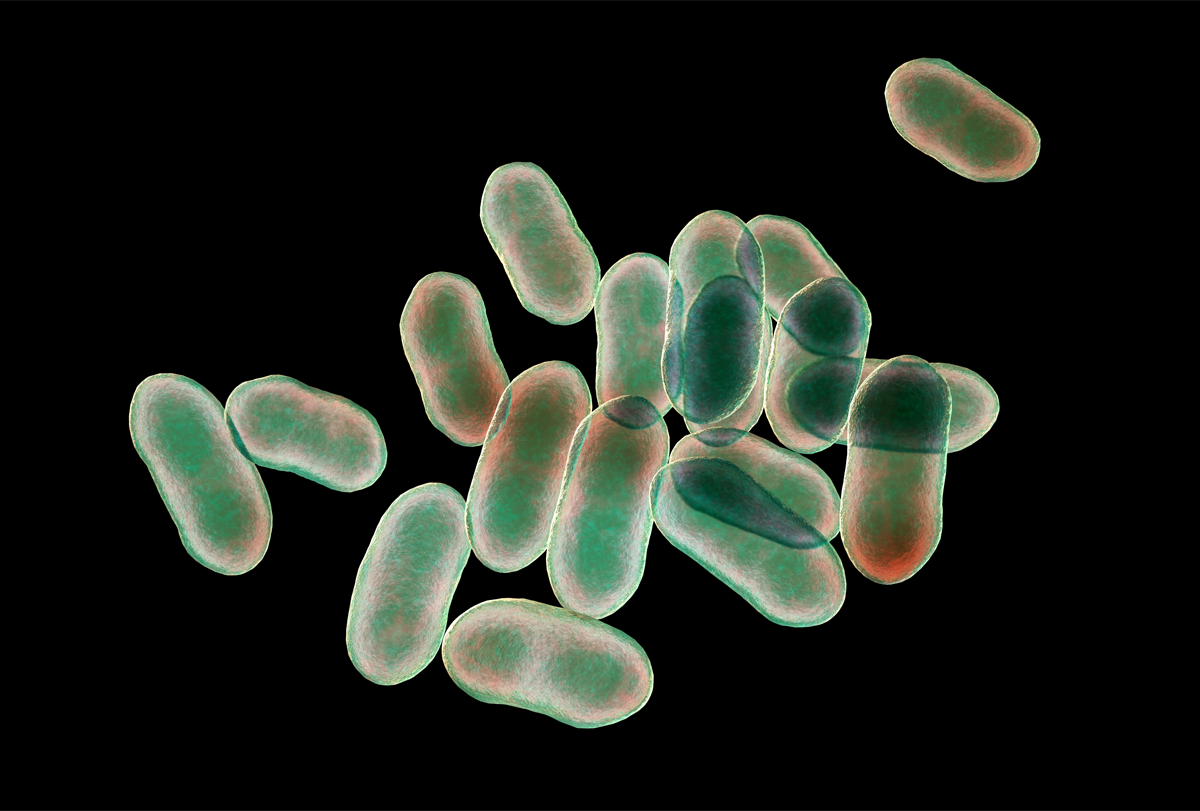
Gut microbiome meta-analysis reveals consistent autism signal
But the field needs to move on from cross-sectional studies to gain insights into the causes and consequences of the association, experts say.
Null and Noteworthy: COVID-19 conclusions; diagnosis duplication; oxytocin again
This month’s newsletter explores the pandemic’s effects on autism rates, trends in co-occurring mental health conditions, and the impact of intranasal oxytocin.
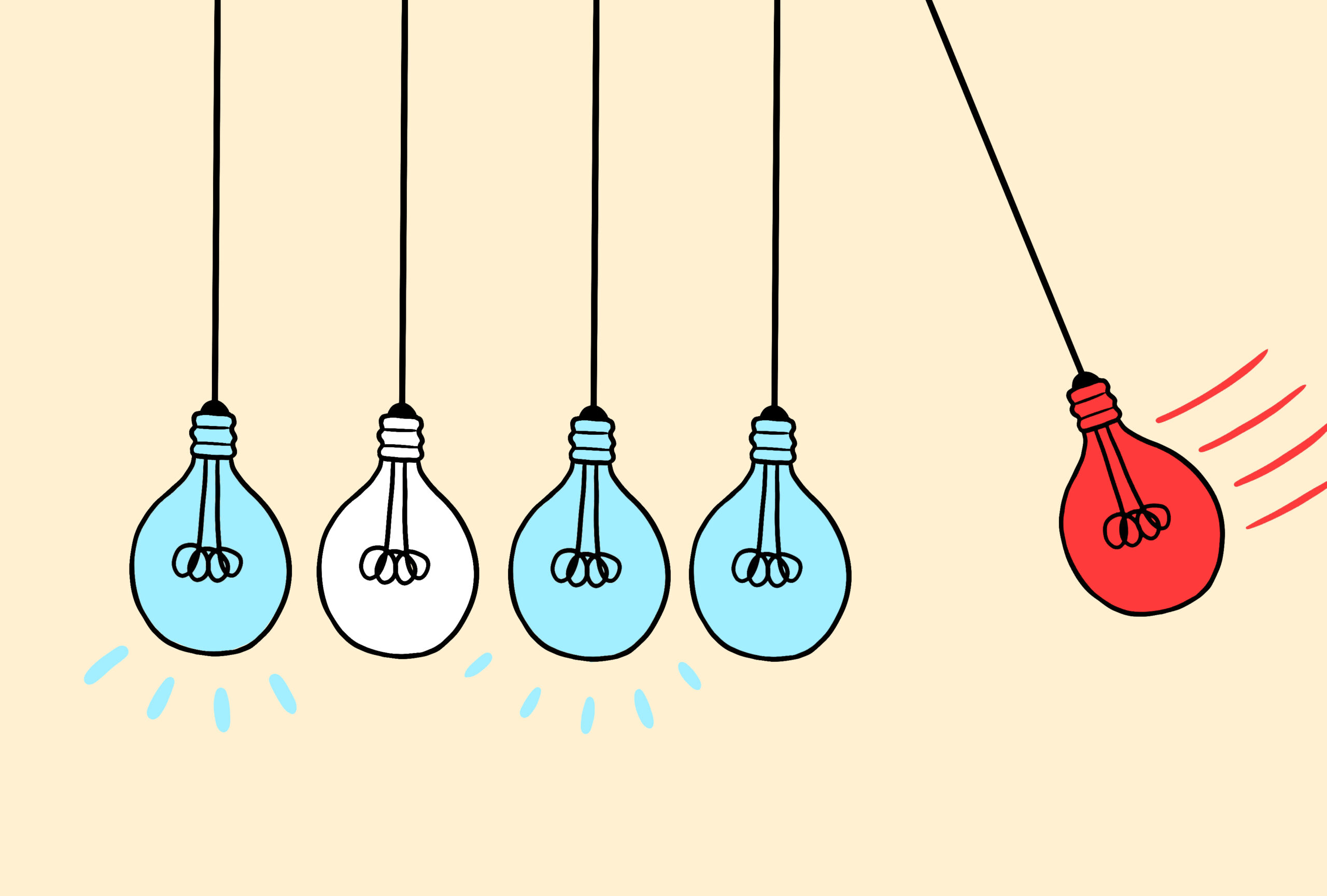
Null and Noteworthy: COVID-19 conclusions; diagnosis duplication; oxytocin again
This month’s newsletter explores the pandemic’s effects on autism rates, trends in co-occurring mental health conditions, and the impact of intranasal oxytocin.
Null and Noteworthy: Medication timing; oxytocin amounts; sensory sameness
Parents’ health, treatment dosages and sensory perception feature in this month’s crop of null and replicated results.
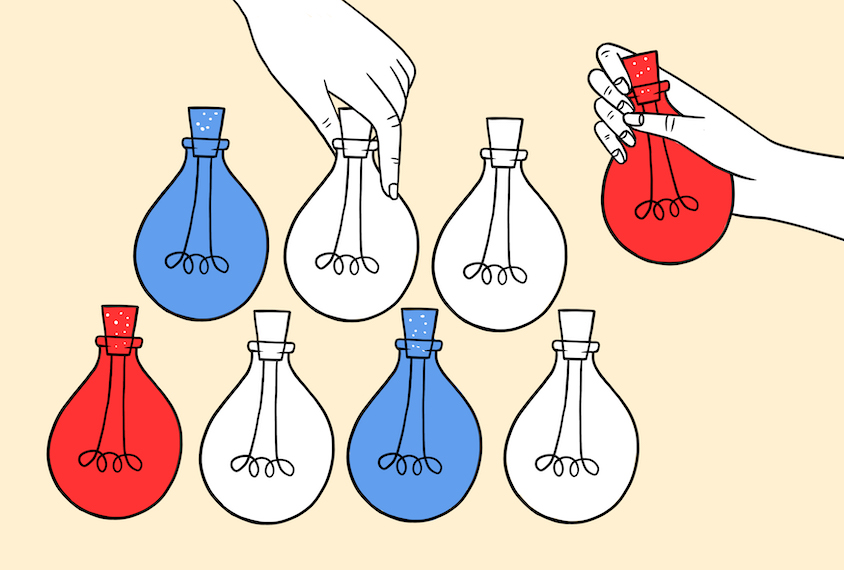
Null and Noteworthy: Medication timing; oxytocin amounts; sensory sameness
Parents’ health, treatment dosages and sensory perception feature in this month’s crop of null and replicated results.
Autism linked to inflammatory bowel disease in parents
The inflammation associated with the disease, particularly in mothers, may contribute to autism traits in children.
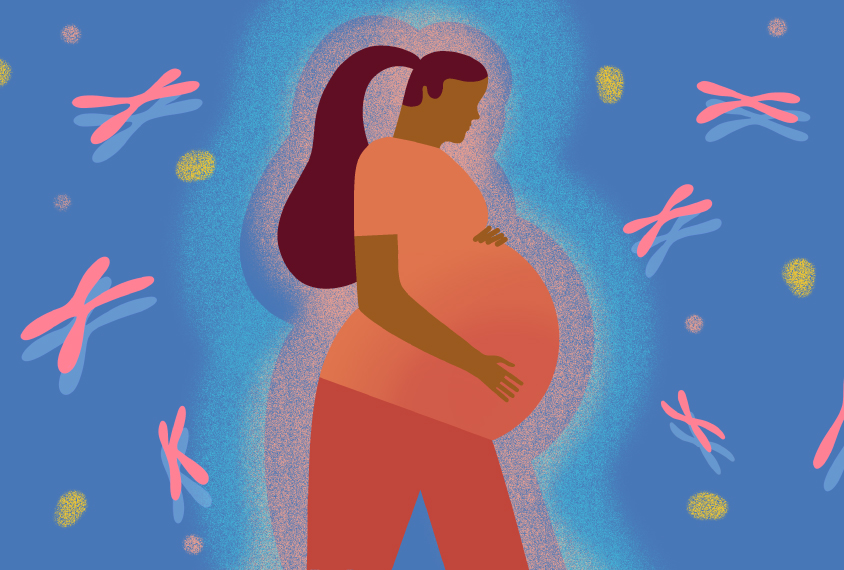
Autism linked to inflammatory bowel disease in parents
The inflammation associated with the disease, particularly in mothers, may contribute to autism traits in children.
Gut molecule linked to decreased myelination in mouse brains
Targeting the molecule, 4EPS, with an experimental drug may be a way to ease anxiety for autistic people, the researchers say. But not everyone is convinced.
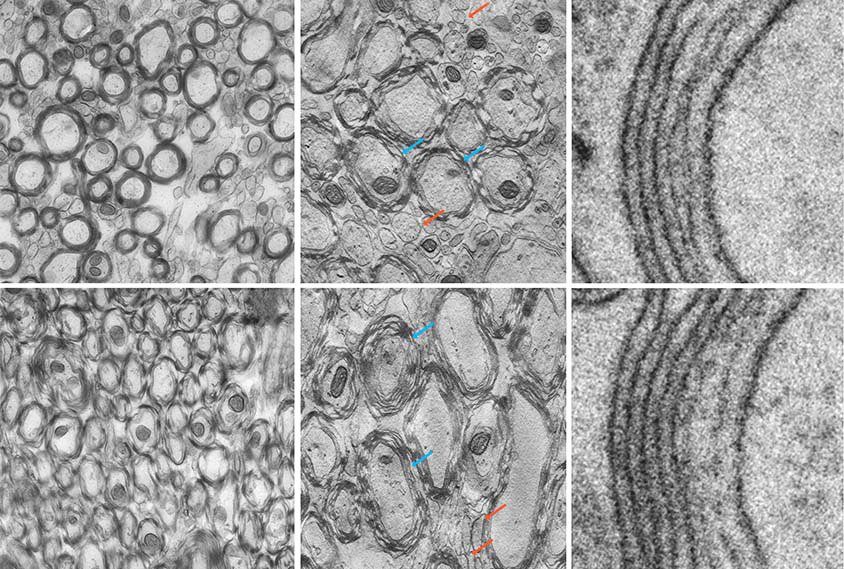
Gut molecule linked to decreased myelination in mouse brains
Targeting the molecule, 4EPS, with an experimental drug may be a way to ease anxiety for autistic people, the researchers say. But not everyone is convinced.
Infection in pregnant mice ups risk of gut problems in pups
Infection during pregnancy can tweak a mouse’s gut microbiome in ways that have lasting effects on her pups’ immune system and increase their chances of gut inflammation, a new study suggests.
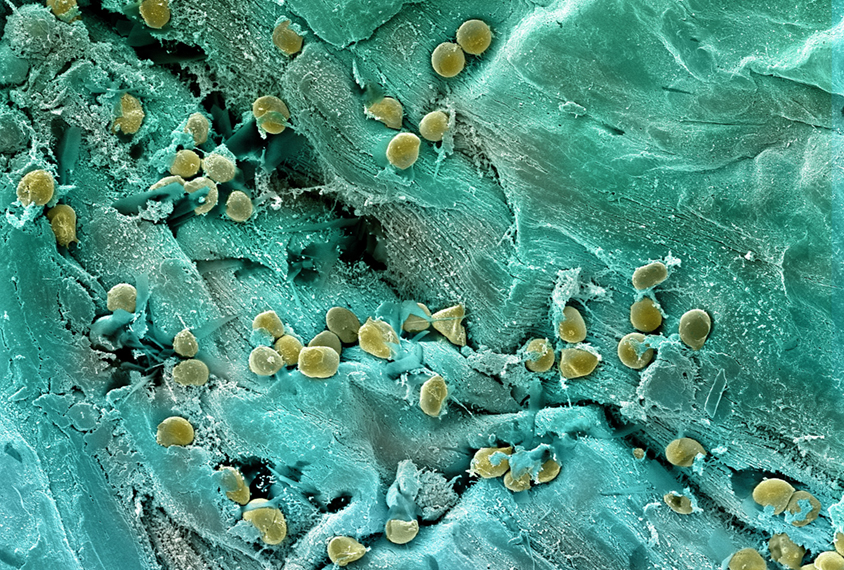
Infection in pregnant mice ups risk of gut problems in pups
Infection during pregnancy can tweak a mouse’s gut microbiome in ways that have lasting effects on her pups’ immune system and increase their chances of gut inflammation, a new study suggests.
Despite flurry of findings, doubts dog gut microbes’ role in autism
The possibility of microbial treatments for autism has inspired a burst of research and nascent clinical trials, but new research suggests these efforts rest on shaky scientific ground.
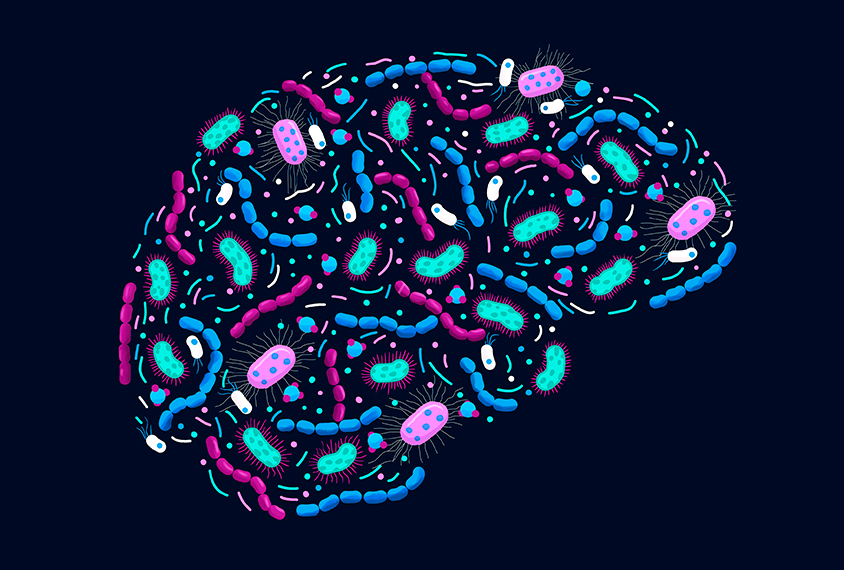
Despite flurry of findings, doubts dog gut microbes’ role in autism
The possibility of microbial treatments for autism has inspired a burst of research and nascent clinical trials, but new research suggests these efforts rest on shaky scientific ground.
Explore more from The Transmitter
During decision-making, brain shows multiple distinct subtypes of activity
Person-to-person variability in brain activity might represent meaningful differences in cognitive processes, rather than random noise.

During decision-making, brain shows multiple distinct subtypes of activity
Person-to-person variability in brain activity might represent meaningful differences in cognitive processes, rather than random noise.
Basic pain research ‘is not working’: Q&A with Steven Prescott and Stéphanie Ratté
Prescott and Ratté critique the clinical relevance of preclinical studies in the field and highlight areas for improvement.

Basic pain research ‘is not working’: Q&A with Steven Prescott and Stéphanie Ratté
Prescott and Ratté critique the clinical relevance of preclinical studies in the field and highlight areas for improvement.
Proposed NIH budget cut threatens ‘massive destruction of American science’
A leaked draft of a Trump administration proposal includes an approximately 40 percent cut to the National Institutes of Health’s budget and a major reorganization of its 27 institutes and centers.

Proposed NIH budget cut threatens ‘massive destruction of American science’
A leaked draft of a Trump administration proposal includes an approximately 40 percent cut to the National Institutes of Health’s budget and a major reorganization of its 27 institutes and centers.